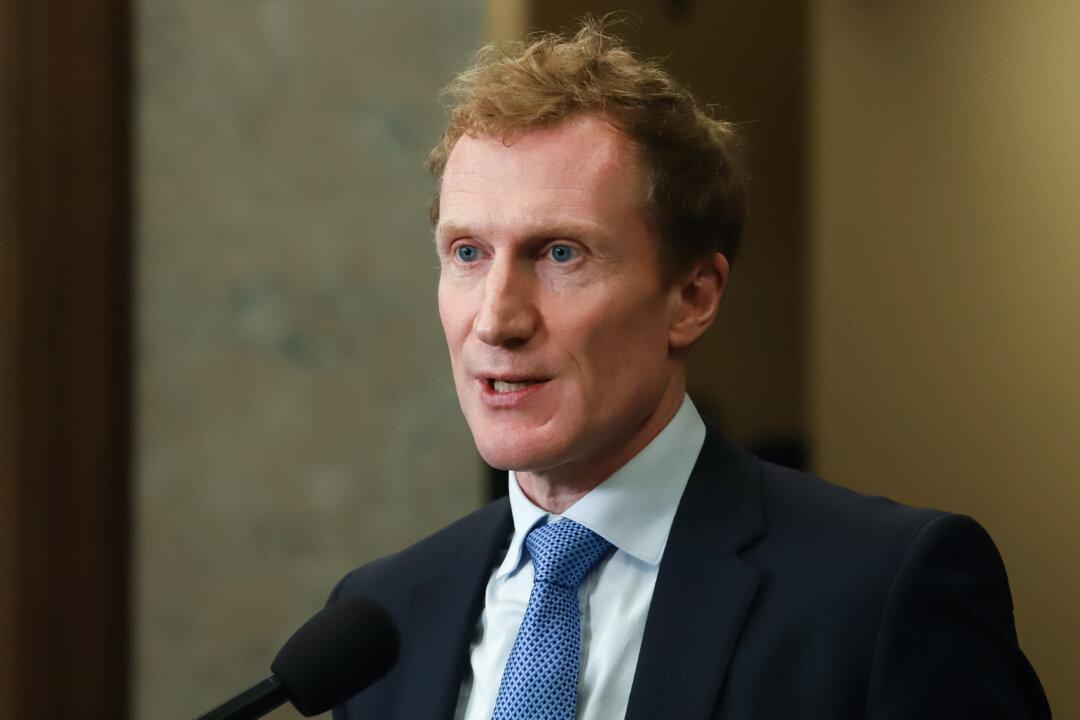Immigration Minister Marc Miller defended his government’s security measures as MPs questioned the federal government’s security checks for visa and immigration applicants following recent arrests in alleged terrorism plots.
Miller was appearing at the House public safety committee to testify on how a Toronto man arrested this month for allegedly plotting an ISIS attack in the U.S. got into the country. The Pakistani national was in Canada on a student visa.





